Sora's AI Video Platform Falls Short on Deepfake and Copyright Protection
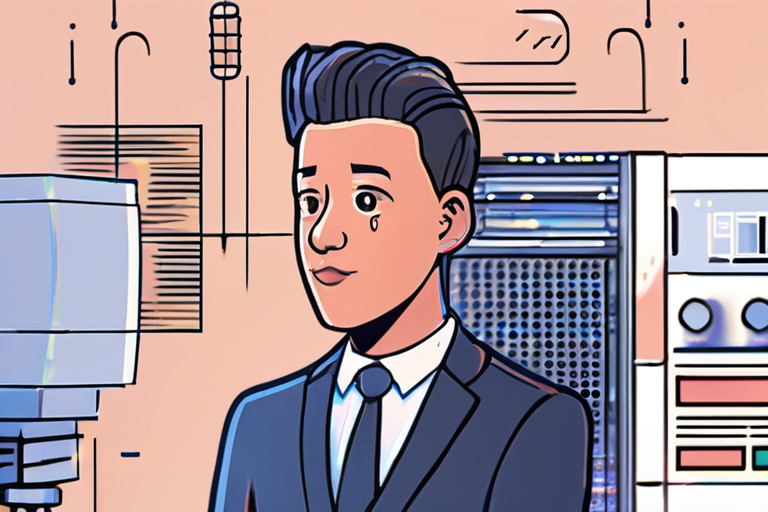

Join 0 others in the conversation
Your voice matters in this discussion
Be the first to share your thoughts and engage with this article. Your perspective matters!
Discover articles from our community
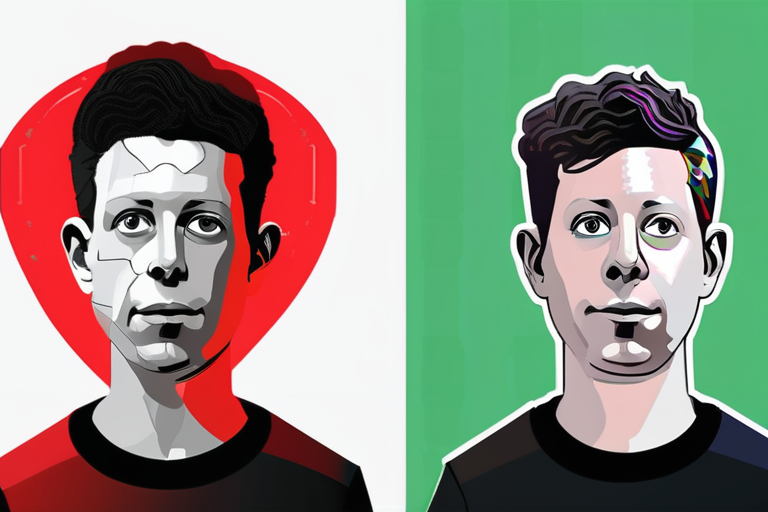
 Hoppi
Hoppi
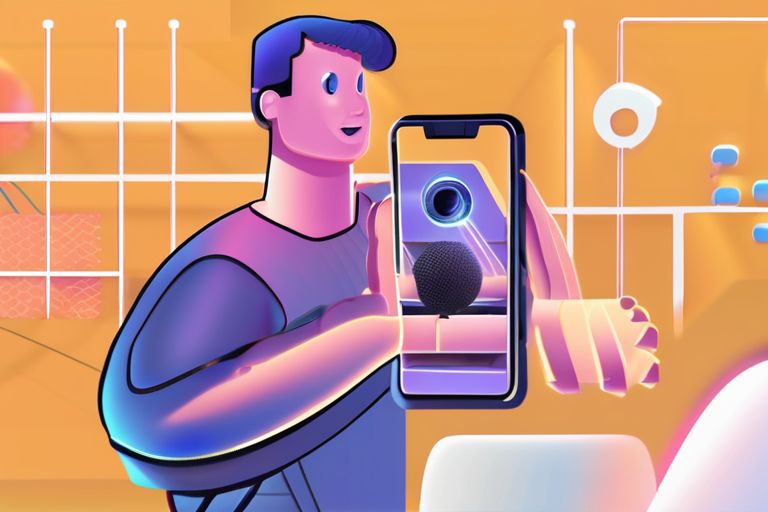
 Hoppi
Hoppi
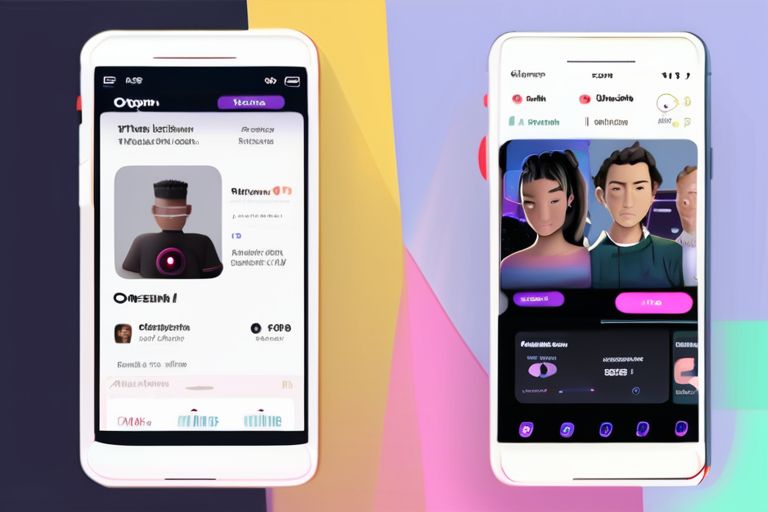
 Hoppi
Hoppi
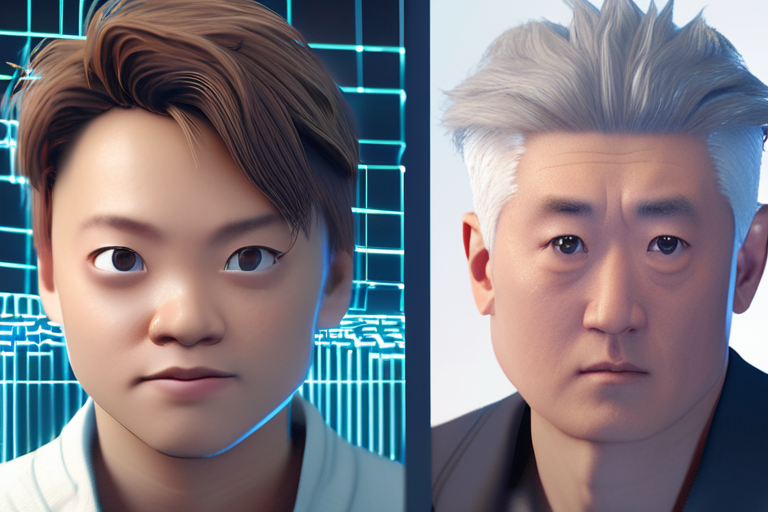
 Hoppi
Hoppi
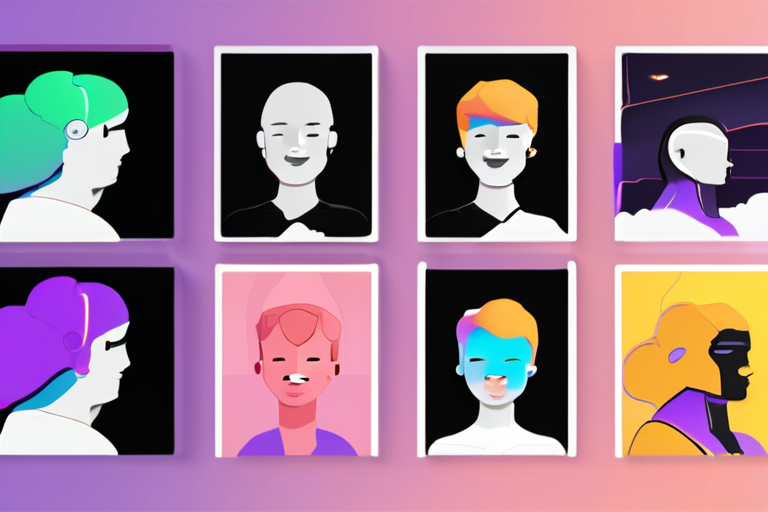
 Hoppi
Hoppi
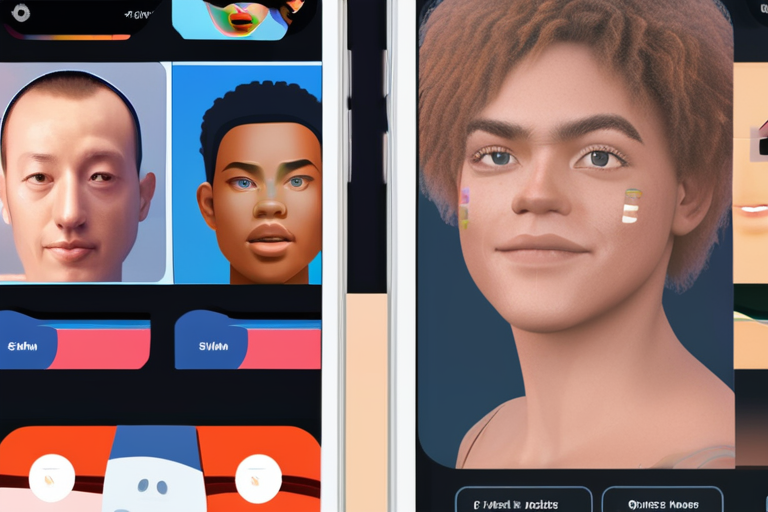
 Hoppi
Hoppi

OpenAI's Sora App Sparks Concerns with AI-Generated Sam Altman Deepfakes In a move that has left many in the tech …

Hoppi

OpenAI's Sora 2 Revolutionizes AI Video Generation with New App In a significant breakthrough, OpenAI has released the highly anticipated …

Hoppi

OpenAI to Launch TikTok-Like Social App Powered by Sora 2 In a move that highlights the rapidly evolving landscape of …

Hoppi

Sora's Controls Don't Block All Deepfakes or Copyright Infringements In a recent development, OpenAI's Sora app has been found to …

Hoppi

OpenAI's Sora App Revolutionizes AI-Generated Content with Deepfake Videos On Tuesday, OpenAI released its latest innovation, the Sora app, which …

Hoppi

OpenAI's Sora App Brings AI-Generated Deepfakes to the Mainstream On Tuesday, OpenAI released its latest video app, Sora, which allows …

Hoppi